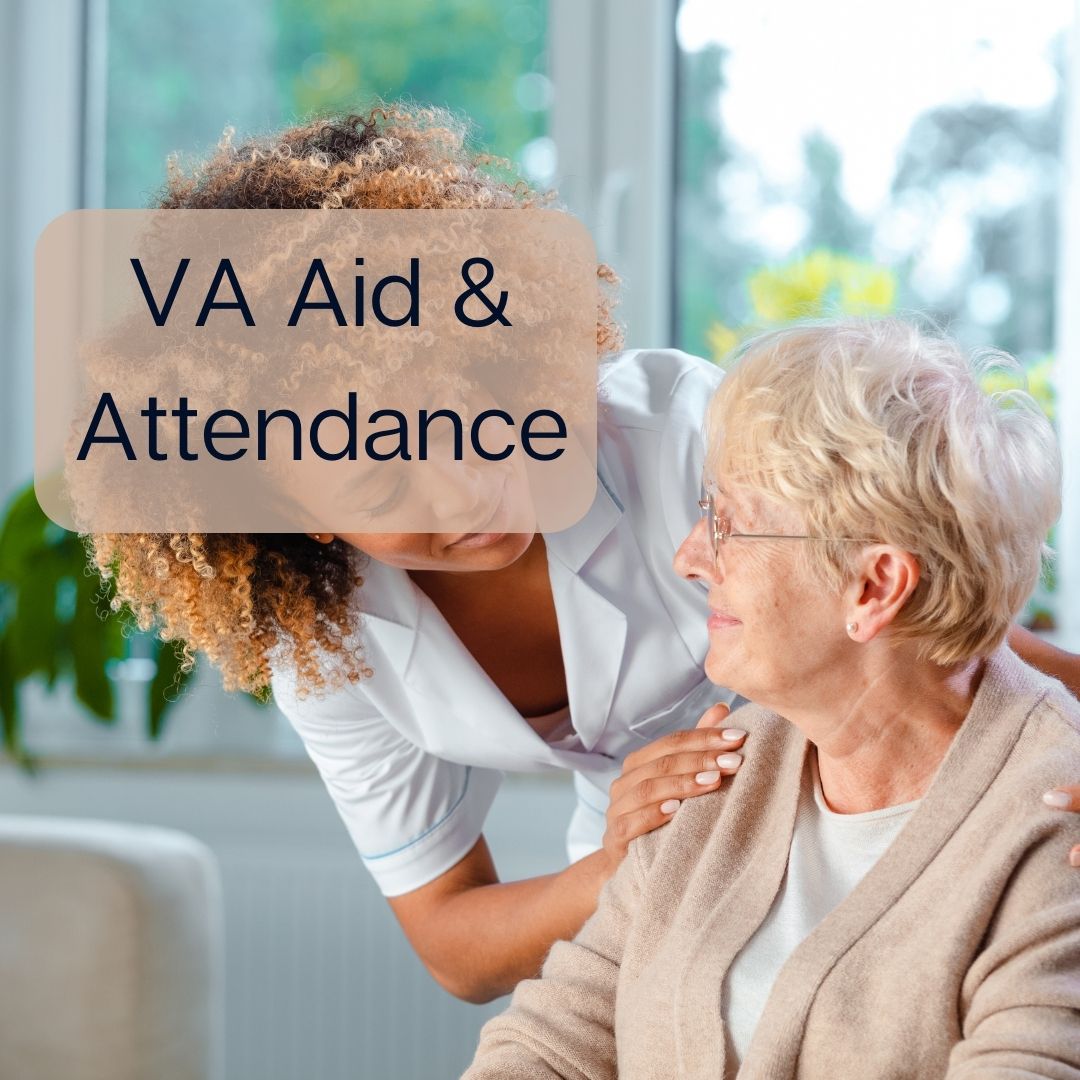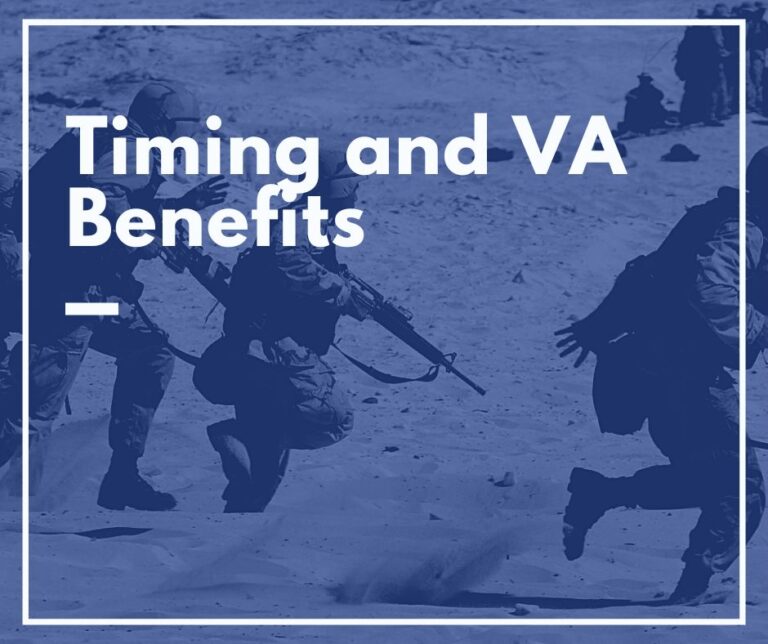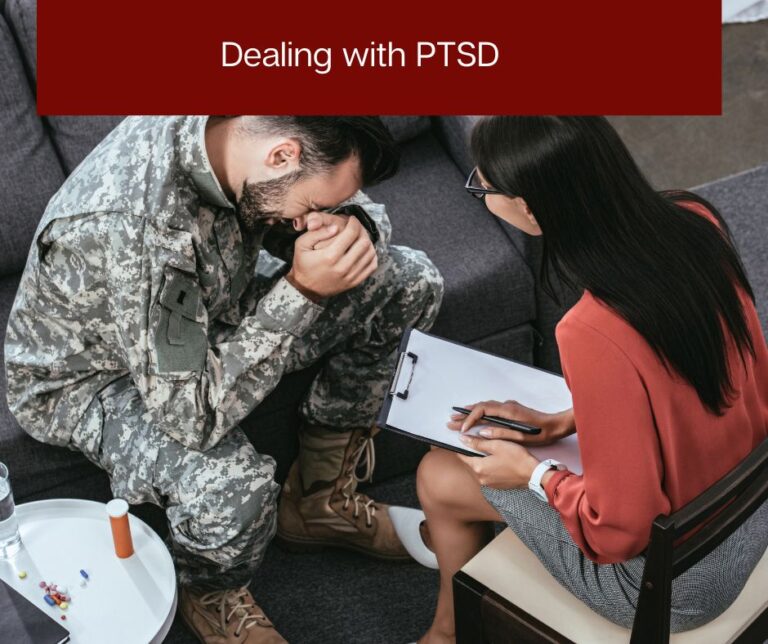VA Benefits: Unlocking Aid & Attendance”
VA Aid and Attendance is a tax-free benefit paid to eligible veterans and their surviving spouses to help cover the cost of long-term care. It is provided by the Department of Veterans Affairs (VA) and is intended to help veterans who are unable to perform the activities of daily living, such as bathing, dressing, and eating, on their own.
To be eligible for VA Aid and Attendance, veterans must meet the following criteria:
- They must have served on active duty for at least 90 days, including at least one day during a wartime period.
- They must have been discharged from the military under other than dishonorable conditions.
- They must be unable to perform the activities of daily living on their own.
- They usually need to be eligible for a VA Pension, which includes meeting certain income and net worth requirements.
Clinical Requirements
The clinical requirements to receive Aid and Attendance benefits include needing assistance with daily living activities due to a physical or mental incapacity. Specifically, a veteran must meet one or more of the following criteria:
- Require the aid of another person to perform personal functions required for everyday living, such as bathing, feeding, dressing, attending to the wants of nature, adjusting prosthetic devices, or protecting themselves from the hazards of their environment.
- Be bedridden, where their disability or condition requires them to remain in bed apart from any prescribed course of convalescence or treatment.
- Be a patient in a nursing home due to mental or physical incapacity.
- Have visual acuity of 5/200 or less in both eyes, or concentric contraction of the visual field to 5 degrees or less.
- These requirements are designed to ensure that veterans who are significantly impaired and cannot live independently without the aid of another person can receive the additional financial support they need.
Service Requirements
The service requirements for a veteran to receive Aid and Attendance benefits include:
- Active Duty Service: The veteran must have served on active duty for at least 90 day..
- Service During Wartime: At least one day of the veteran’s active duty service must have been during a wartime period. Serving in a combat zone is not a requirement for eligibility
Income Requirements
To receive a VA Pension for the period from December 1, 2023, to November 30, 2024, there are specific net worth and income limitations:
- Net Worth Limit: The net worth limit is set at $155,356. This includes both the veteran’s or survivor’s assets and annual income. It’s important to note that this figure is adjusted annually in line with Social Security cost-of-living adjustment.
- Income Limits: While specific income limits can vary based on circumstances, such as the presence of dependents, a general guideline for a veteran with no dependents is an annual income limit of $16,551. Income limits increase for veterans with dependents, and there are different calculations for survivors based on their specific circumstances.
These limitations are designed to ensure that VA Pension benefits are provided to those veterans and survivors who have limited income and assets, offering them financial support based on need.
File for Aid and Attendance
If you are a veteran or know of a veteran who meets all of the above requirements, it would be worth the time to file a claim for Aid and Attendance. There are certain forms that must be filled out, and usually in order to receive Aid and Attendance, the veteran must also be eligible for a VA pension. The forms to file for both a pension and Aid and Attendance are more involved than just those to file for a disability. For that reason, we highly suggest seeking the help of a local Veteran Service Officer. They deal with pensions and Aid and Attendance all the time and are some of the best sources for assistance.
As always, if you have any questions or comments please feel free to leave them below, or you can email us at info@nwavet.org.







